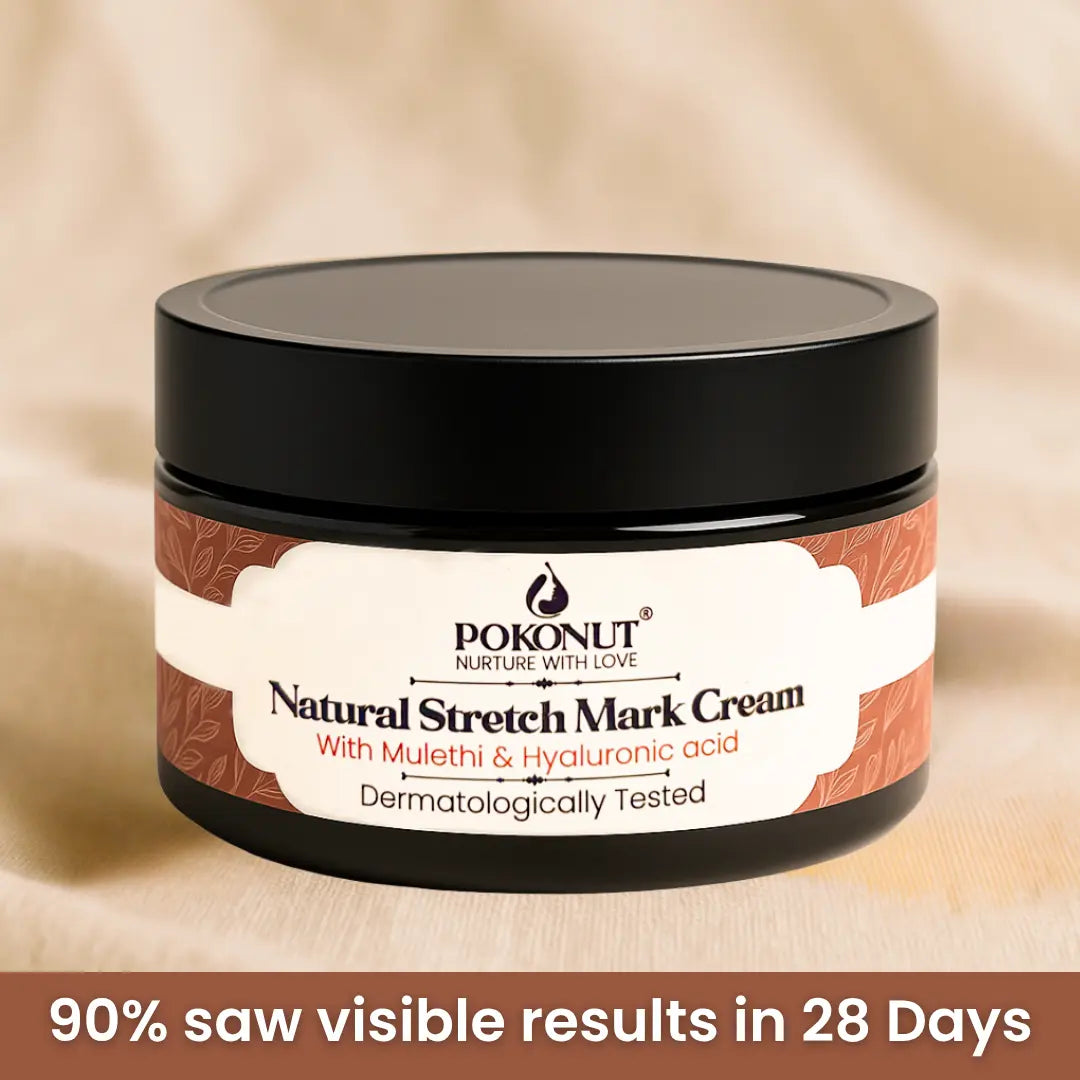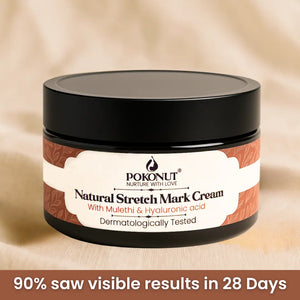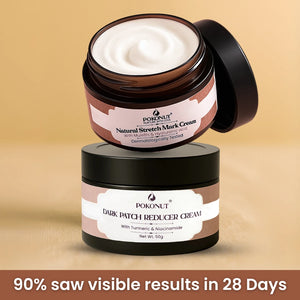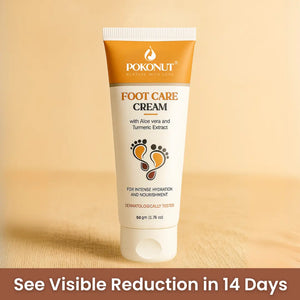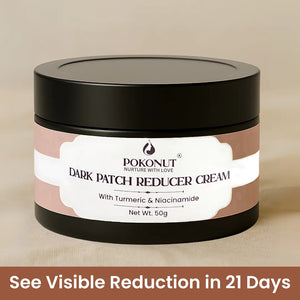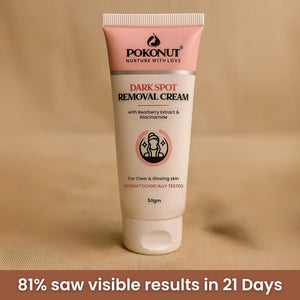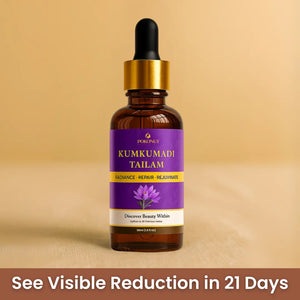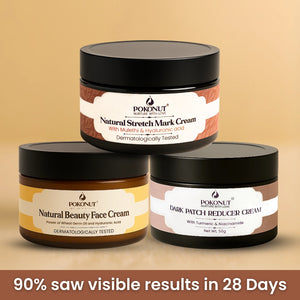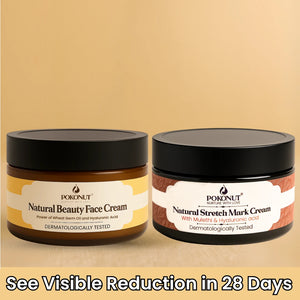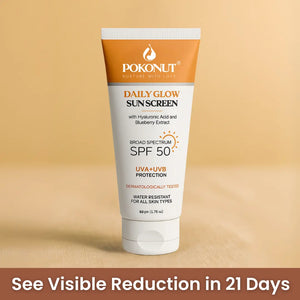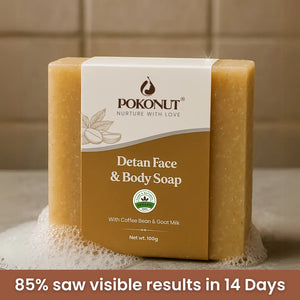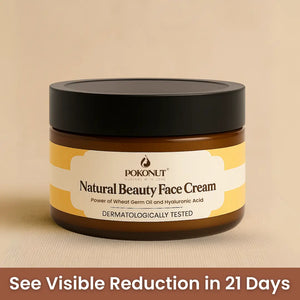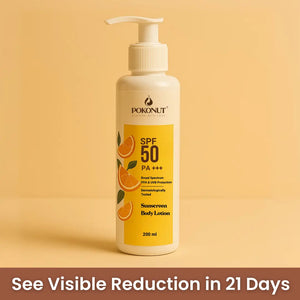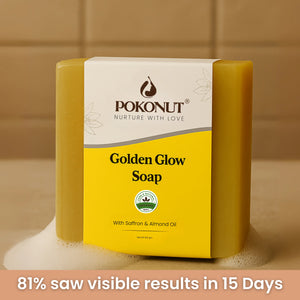How To Choose Safe Skincare Products For Pregnancy: Avoiding Chemicals

Medically Reviewed By:
Dr. Mousumi Dash, BAMS
Written by Our Editorial Team
Hey there, mama-to-be!
When it comes to taking care of your skin during pregnancy, it's super important to be mindful of what you're putting on your skin. Some chemicals can be harmful to you and your little one, so let's break it down with Pokonut!
Understanding the Risks Of Harmful Skincare Chemicals During Pregnancy
Let us help you understand what the risks of using harmful skincare chemicals are when you're pregnant:
- Hormone Disruption: Some chemicals can mess with your hormones, which can affect your baby's development.
- Skin Absorption: Yikes! Chemicals can seep into your bloodstream through your skin, reaching your baby.
- Birth Defects And Developmental Issues: Exposure to certain chemicals has been linked to birth defects, developmental delays, and cognitive problems.
- Pregnancy Complications: Some chemicals might increase the risk of preterm labor or low birth weight.
- Common Harmful Skin care Ingredients: Some common skin care ingredients linked with pregnancy risks include Retinol, Salicylic acid, Glycolic acid, Parabens, Phthalates, etc. Always check with your healthcare provider before using any products containing any of these ingredients during pregnancy.
Key Ingredients To Avoid In Skincare Products While Pregnant
Here are the key ingredients to avoid in skincare products while pregnant:
- Retinol (Vitamin A derivatives) may invite birth defects.
- Salicylic Acid (BHA) may increase the risk of miscarriage or bleeding.
- Glycolic Acid (AHA) may cause skin irritation, fetal harm.
- Parabens are linked to hormonal imbalances, birth defects.
- Phthalates may disrupt fetal development, hormones.
- Synthetic of fragrancesessential oils often cause skin irritation, hormonal issues.
- Hydroquinone may affect fetal development, increase birth defects.
- Chemical sunscreens (e.g., oxybenzone, avobenzone) may harm fetal development.
How To Read Skincare Labels For Pregnancy Safety
Reading skincare labels for pregnancy safety involves being aware of potential harmful ingredients. Here's a step-by-step guide:
- Look for ingredients to avoid during pregnancy (e.g., retinol, salicylic acid, parabens).
- Some ingredients have multiple names (e.g., vitamin A = retinol).
- Know the brand and their safety standards.
- Opt for a cream with natural, gentle ingredients.
- Check what other pregnant women have to say.
Safe Alternatives: Choosing Pregnancy-Friendly Skincare Products
Here are some safe alternatives for pregnancy-friendly skincare products, including DIY options:
Store-bought Options:
- Natural moisturizers containing coconut oil, shea butter, olive oil.
- Gentle cleansers containing fragrance-free cleansers, glycerin-based cleansers.
- Nourishing serums containing Hyaluronic acid, vitamin C, niacinamide.
- Soothing face mask containing honey, avocado, oatmeal.
- Physical sunscreen containing zinc oxide, titanium dioxide.
DIY Skincare Products:
- Mix 2 tablespoons oatmeal, 1 tablespoon honey, 1 tablespoon yogurt for an oatmeal face pack.
- Slice cucumber, soak in water, use as a toner.
- Apply aloe vera gel directly to skin.
Remember, DIY skincare products can be fun and effective, but always prioritize your skin's safety during pregnancy. Happy pampering, mama!
Tips For Transitioning To Pregnancy-Safe Skincare
- Read labels carefully to avoid harmful ingredients.
- Choose multi-tasking products to minimize product count.
- Ensure new products agree with your skin through patch tests.
- Drink plenty of water for healthy and hydrated skin.
- Use a pregnancy-safe cream.
- Avoid harsh exfoliants, astringents, and toners.
Bottom Line
Transitioning to a pregnancy-safe skin care routine ensures a healthy glow while protecting you and your baby from harmful chemicals and ingredients. Take your time, and don't hesitate to reach out if you have any concerns!
About Doctor :

